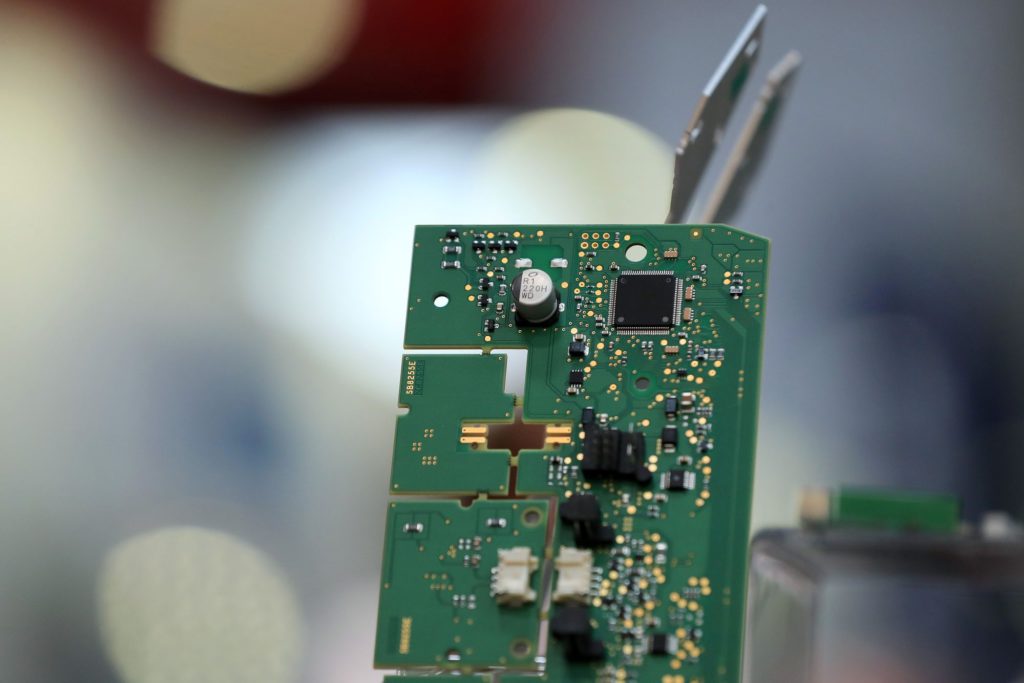The Biden administration published its strategy for subsidizing US output of semiconductors, with the first phase of funding potentially being rolled out next spring, Commerce Secretary Gina Raimondo said.
(Bloomberg) — The Biden administration published its strategy for subsidizing US output of semiconductors, with the first phase of funding potentially being rolled out next spring, Commerce Secretary Gina Raimondo said.
Smaller, simpler projects involving expansion of existing facilities will be the first to receive funds, followed by more complex projects for so-called leading-edge chips, which the US currently doesn’t produce but consumes more than 25% of global supply, Raimondo told reporters in Washington Tuesday.
The plan — known as Chips for America — allocates $28 billion for domestic production of leading-edge logic and memory chips, about $10 billion for new capacity to build current-generation chips and semiconductors, and $11 billion for a new National Semiconductor Technology Center, manufacturing institutes, and other development programs, the Department of Commerce said in a statement accompanying the strategy’s release.
“We’re going to be pushing companies to go bigger and be bolder,” Raimondo said in Washington. “So if a company already has funding now for $10 billion project, we want them to think bigger and and convince us how they can go from $10 billion to $50 billion with use of the taxpayer financing.”
President Joe Biden signed the $52 billion Chips and Science Act legislation into law Aug. 9. It’s the centerpiece of his administration’s effort to reduce dependence on Asian suppliers like Taiwan and South Korea, whose local companies are leading the global market, and to address supply-chain disruptions and resulting price hikes for certain goods containing semiconductors.
Commerce will release funding documents that will provide specific application guidance for the program by early February, it said.
“Awards and loans will be made on a rolling basis as soon as applications can be responsibly processed, evaluated and negotiated,” it said.
There are clear guardrails on the money, in that companies can’t use the funds for stock buybacks, Raimondo said. The department will ensure those who receive chips funds can’t compromise national security by investing in China.
The department also will have the ability to claw back money if a recipient company fails to start or complete a project on time, Raimondo said.
(Updates with comment from Raimondo in first paragraph.)
More stories like this are available on bloomberg.com
©2022 Bloomberg L.P.











